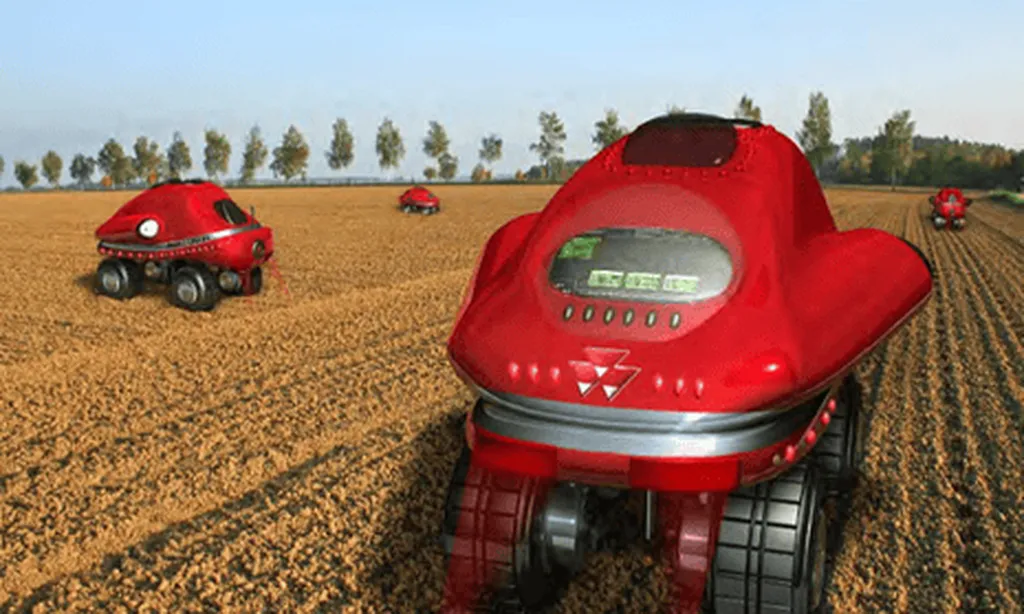In the vast, sun-scorched landscapes of Australia, a quiet revolution is taking root, one that promises to reshape the future of farming and, by extension, the broader energy sector. At the heart of this transformation are agri-tech innovations, which are not just enhancing productivity but also steering agriculture towards sustainability and climate resilience. A comprehensive study published in *Farming System* (translated to English as “Farming System”) sheds light on how these technologies are being adopted and the challenges that lie ahead.
Led by Mallika Roy, a researcher affiliated with the School of Business and Law at Central Queensland University in Australia and the Department of Economics at the University of Chittagong in Bangladesh, the study systematically reviewed 131 articles published between 2000 and 2024. The research delves into the role of precision agriculture technologies—such as the Internet of Things (IoT), drones, and artificial intelligence (AI)—in optimizing resource use, improving farm efficiency, and reducing environmental impacts on large Australian farms.
“Precision agriculture is not just about adopting new technologies; it’s about integrating them in a way that aligns with agronomic principles and supports sustainable farming practices,” Roy explains. This integration, she argues, is crucial for enhancing resource efficiency and promoting long-term environmental stewardship.
The study highlights the significant potential of agri-tech startups in addressing climate change challenges. These startups are developing innovative solutions, such as drought-resistant crops and climate-resilient farming methods, which are essential for adapting to a changing climate. However, the widespread adoption of these technologies faces hurdles, including high implementation costs, technical constraints, and regulatory barriers.
One of the most compelling aspects of the research is its emphasis on inclusivity. “Ensuring equitable access to these technologies for small-scale farmers, women, and underrepresented groups is critical,” Roy notes. This inclusivity is not just a social imperative but also an economic one, as it can drive broader adoption and innovation in the agricultural sector.
The study also proposes a conceptual model to examine the relationships among key variables in sustainable agriculture, based on a literature review and keyword co-occurrence analysis. This model could serve as a framework for future research, which should focus on integrated approaches that assess agronomic, economic, and social aspects of precision agriculture and agri-tech startups.
For the energy sector, the implications are profound. As agriculture becomes more efficient and sustainable, it reduces its environmental footprint, which in turn can lower the demand for energy-intensive practices. Moreover, the integration of IoT and AI in farming can lead to the development of smart grids and energy-efficient systems, creating new opportunities for collaboration between the agricultural and energy sectors.
The study calls for supportive policies, financial investments, and training programs to facilitate the broader adoption of emerging agricultural technologies. These measures are essential for fostering sustainable and inclusive agricultural development, which can have far-reaching benefits for the energy sector and beyond.
As the world grapples with the challenges of climate change and resource depletion, the insights from this research offer a beacon of hope. By embracing agri-tech innovations and addressing the barriers to their adoption, we can pave the way for a more sustainable and resilient future. The journey is just beginning, but the potential is immense, and the stakes are high. The time to act is now.

